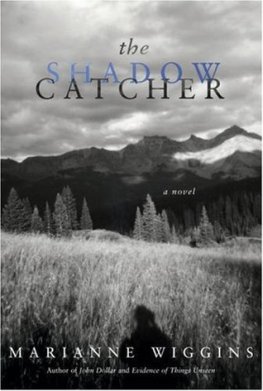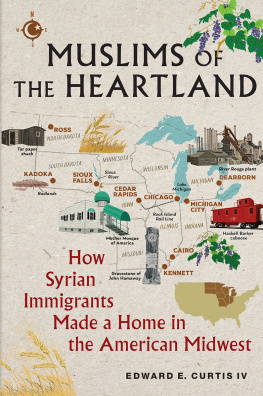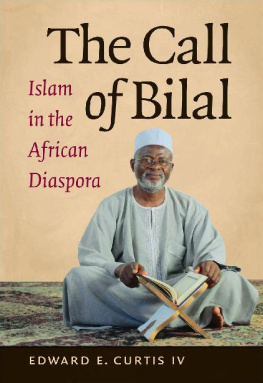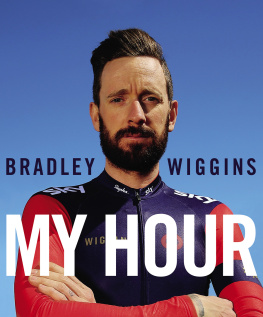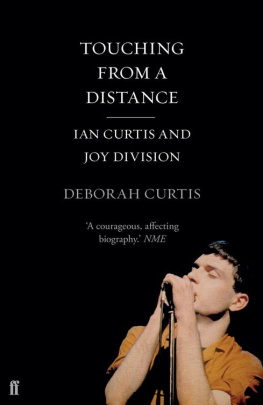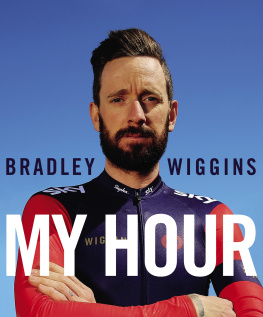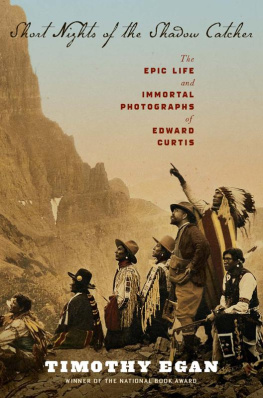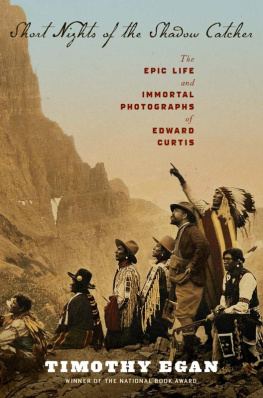Marianne Wiggins
The Shadow Catcher
Let me tell you about the sketch by Leonardo I saw one afternoon in the Queens Gallery in London a decade ago, and why I think it haunts me. The Queens Gallery is on the west front side of Buckingham Palace, on a street thats always noisy, full of taxis rushing round the incongruous impediment of a massive residence in the middle of a route to Parliament and Westminster Abbey and, more importantly, a train station named Victoria. The Queens Gallery is small, neither well maintained nor adequately lit, and when I went there to see the Royal Collection of Da Vinci drawings, the day was pissing rain and cold and damp, and the room smelled of wet wool seasoned in the lingering aroma of fry-up and vinegar, an atmosphere far removed from the immediacy, muscularity, and sunny beauty of Da Vincis subjects. There were drawings of male adolescents, drawings of chubby infants, drawings of rampant horses, toothless women, old men with spiky white hairs on their noses and boils on their chins and then, in a corner, there was a different kind of sketch, a map. It was drawn in ochre on a sheet of rough, uneven rag approximately the size of ordinary letter paper, the same color as southern California sandstone. I stood in front of it for something like too long because a guard stepped forward til I leaned away, still looking at it, mesmerized. Some things you remember for a lifetime; other things, mysteriously, bleed away, or fade to shadow. Sometimes, you try to bring the memory of something back, and cant. You try to see a face, recapture love, recapture rapture; but its gone, that face, that vibrancy. Other images return without your bidding. Almost every night when Im at home, alone, in bed, before I fall asleep, my mind presents that sketch of Leonardos without warning. Onto that inner space where dreams take place, my mind projects its image. I see it, plain as day a little piece of sandstone-colored paper on which an Italian coastal town is drawn from a perspective high above the ground, so high that no treetop, no cliff, no man-made promontory could have served as Leonardos point of view. Its the view an airplane affords, a view Da Vinci must have drawn from an imaginary self-projection; and judging from the scale of things, he must have been imagining himself ten thousand feet above the ground, or almost two miles up. Commercial airline pilots volunteer this kind of information altitude and cruising speed which is how Ive learned to estimate how high above the ground I am, looking from an airplane window. Ive learned what the Earth looks like from a great height but how did Leonardo know? Are we hardwired, as a species, to imagine flying? We take it for granted now, most of us, this point of view, as a second site, because many of us have flown, many of us have been up there, and, even if we havent, most of us have seen the pictures of our world as a distant object, beamed to Earth by satellite. We can adopt this point of view as a modern way of looking, but is it modern? What if theres something in our psyches designed to see things from above? Isnt it a possibility that, as humans, we were built to dream from heights? That Columbus dreamed of flying to America, dreamed his future landfall from above? That Lewis and Clark, bedding down on rocky ground, flew at night across the Cascade Mountains in their dreams, above sequoias, over the Columbia, toward the valiant coast to the magnificent Pacific? Maybe we are built to reconnoiter from above, survey the Earth from heaven, dream of flying. Maybe its the angel in us. Gertrude Stein, the first time she flew, saw in Earths crevasses and folds the antecedents of cubism and told Picasso that hed stolen that artistic vision off the backs of birds. I want to think that Galileo flew, in thought. I want to think that all the peasants in the fields of history dreamed in flight, that all the slaves and all indentured souls whose dust still gathers on this Earth had wings at night, and aspirations swift enough for uplift. I want to believe were built for soaring in our thoughts, and out here on the edge, in California, at night, in that fading wakefulness before sleep erases sight, my mind projects that sketch of Leonardos, and then, before I realize it, Im flying in, flying to America, making landfall on this continent, not from over the Pacific, not from Singapore or Australia, Fiji or Hawaii on routes Ive flown in real airplanes, but I dream Im coming in across the other ocean, over the Atlantic, like Columbus. Flying in, not as Ive done from England and Europe in a jumbo jet with Greenland off the starboard side, down the Scotia coast with Halifax below, but flying in and making my first contact off the Carolina coast near the 37th meridian, where the English landed, equidistant from the Catholic French in Canada and the Spanish Jesuits in Florida. I dream Im flying in across Cape Hatteras, where that little spit of land cricks around Pamlico Sound, where the Tuscarora were. Where the Tuscarora fished and lived and danced and laughed and loved before the measles and the smallpox took them. Here in California, on the edge, at night, after the coyotes end their braying, theres an hour after midnight when a silence drops into these canyons which persists til the first birdsong of morning, and, in that intervening lull, I give myself to flying in, west from Tuscarora marshland over Choctaw sands and Chickasaw meadowsI project myself speeding toward myselfflying, as the eagle flies, over Creek, Catawba, Natchez, Kiowa, Comanche and Plains Apache, Wichita and Zuni, Navajo and Hopi, above the First and Second Mesas, over Acoma and Chaco Canyon, across the Colorado toward the Paiute, Chumash and Morongo, here, where I am in Los Angeles. There are those who say the sound my country makes at night, the sound I hear when flying, the sound my nation exhales as it sleeps, is the sound of prayer, the sound of Jesus Christ arising from the basalt in the Rockies, splitting hearts of granite as he shakes off chains of time and is reborn, and there are those who claim the sound my nation makes at night is the metallic hiss of money in the forge or the sound of slaverys jism misspent in anger and assimilation, or that the sound my nation makes is the sizzle of cosmetic simulation, the sound the cutting edge of surgical removal makes, the sound of History slipping into coma, cosmic silence, almost total, through which, in my dream of flying, I perceive a hopeful distant notethe sound my country makesa note so confirming and annunciatory that it seems to bend into itself, bend into its own impending future like an announcing angel comin round the mountain, bend the way a shadow bends, conforming to the curvature of Earth, wailing gently through the night. That sound is the sirens sound of the iron road, a haunting whistle. I fly, in my imagination, over the abandoned Plains, the Rockies, and the ghost Mojave toward myself, toward homeand, turning in my bed, I hear it. Out here on the edge, in California, turning in my bed, the nation at my back, I hear a single note, heralding arrival. The sound of a train whistle. The sound my country makes. And I feel safe.


All writers have these moments all people do when Realization forms from air.
I associate the phenomenon with finding a perfect word, a telling gesture, an insight into character, a crux on which a plot must turn. But thats because most of my Realizations strike during work and are related to the shape of my profession. My work is strung on moments when I realize something a novel is, by nature, one long Realization, which is not to say other pursuits arent dependent on discovery: sailing is. Cooking is. Playing music is. Sex always is. Loving is a series of discoveries: it starts, significantly, with a Realization: that moment when you

